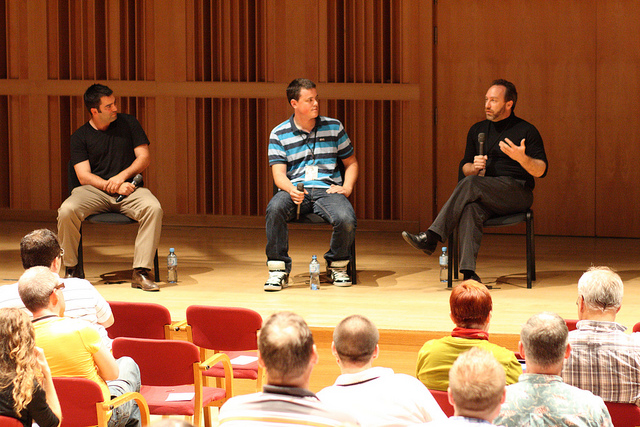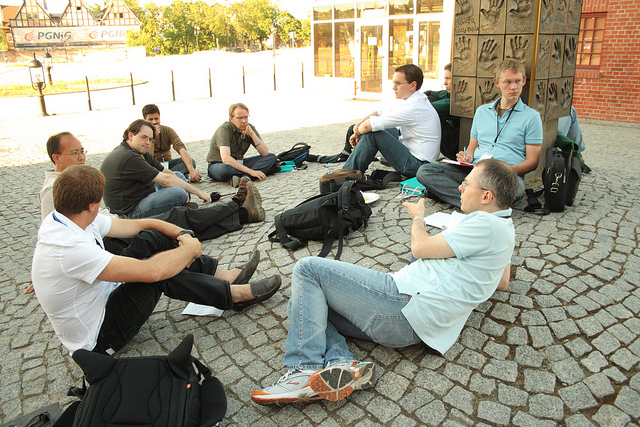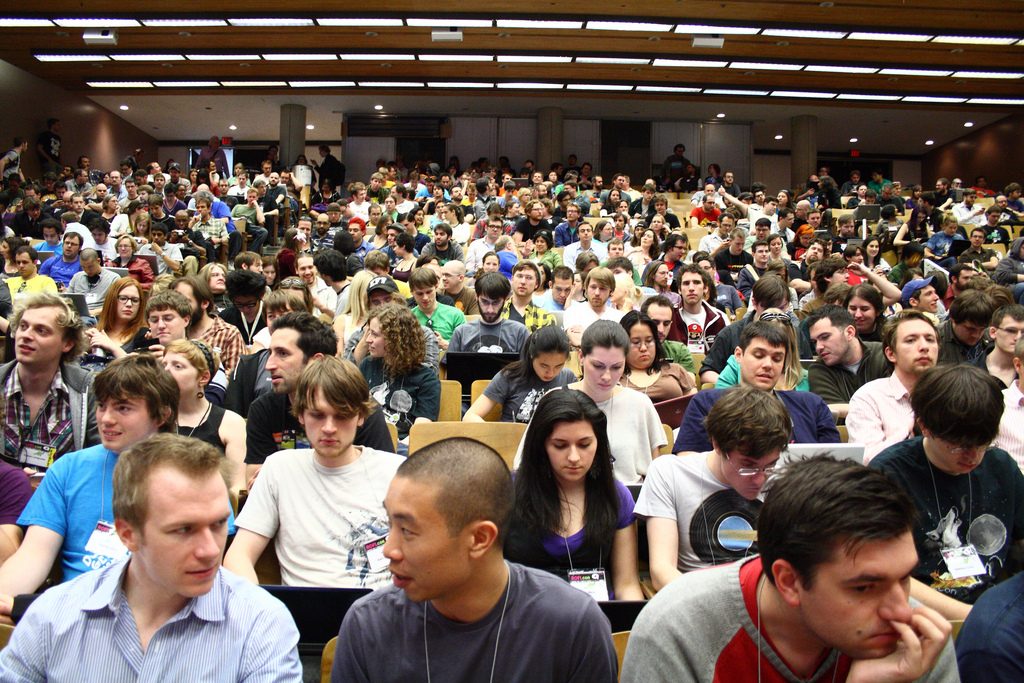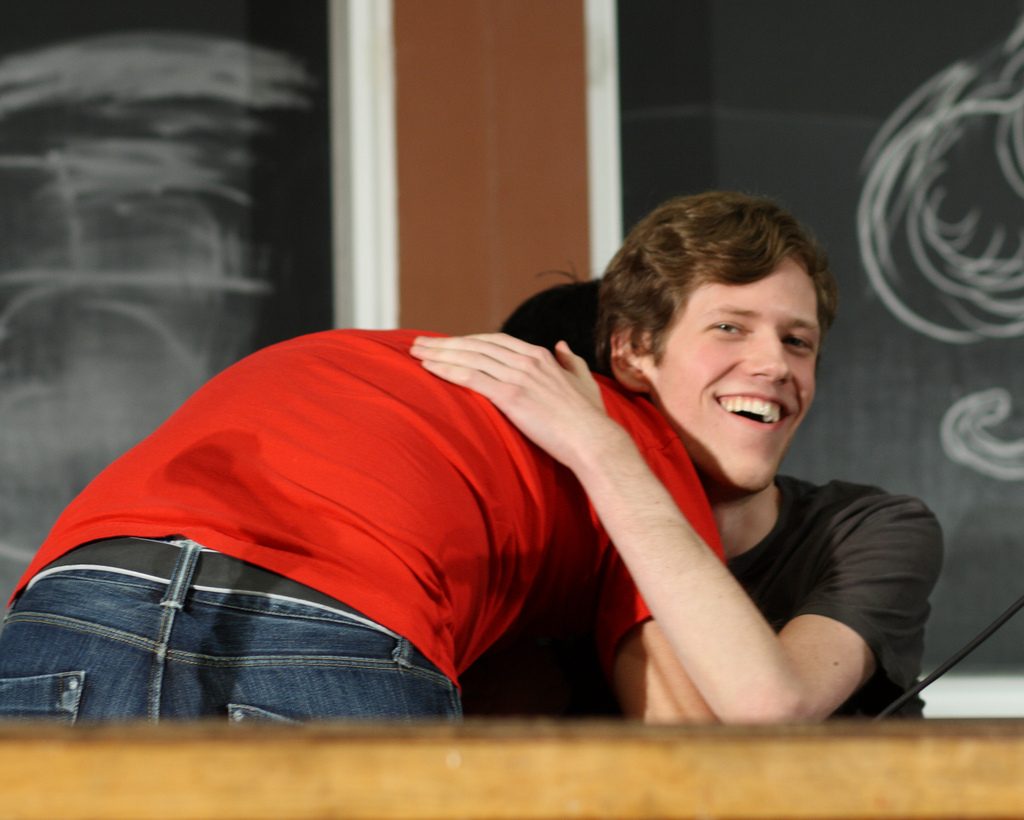Facebook kinda sucks, and it’s not doing much to foster an informed and politically engaged citizenry. It certainly doesn’t help me to be a better citizen. Here’s what a better social network might look like.
Incentives for political engagement
Likes and comments from friends are the main drivers of both the creation of new posts and the spread of content through the newsfeed. I post things because it’s nice to feel liked and loved and to have people interested in what I have to say. Things that inspire strong emoji and pile-on comments are the most likely to earn me likes, and also the most likely to show up in my feed.
Imagine, instead, if local political engagement — showing up to a town council meeting, or calling my state legislator about a bill currently in discussion, or reporting a pothole — was the currency of your social network. I want something like the Sunlight Foundation’s tools in the middle of my online social experience. I want to see what my friends are saying, but also what they’re doing — especially when it’s something I can join in on.
Maybe streaks, like GitHub had?
Whatever the mechanisms, the things that are satisfying and addicting on a better social network should be the things that are also good for people.
Tools for collaboration
Discussions on Facebook, even when it comes to long-term issues of public importance, are ephemeral. There’s no mechanism for communities and networks to build and curate shared knowledge and context.
Local community wikis (like the handful of successful ones on localwiki.org) are still a good idea, they just lack critical mass. They would work if integrated into a better social network.
For non-local things — the quality of news sources, organizations, and everyday consumer issues — something more like aggregate reviews should be part of the system.
No ads
A big, distracting part of my Facebook feed is the ads and promoted stories. These are mostly extra-clickbait-y, ad-heavy versions of the same kinds of clickbait showing up in my feed anyway. More fundamentally, showing ads is what Facebook is designed for. Everything that is done to make it interesting and addicting and useful is ultimately an optimization for ad revenue. When one change user experience change would improve the well-being of users and another lead to 1% more ad impressions, Facebook will take the ad-driven path every time.
A better social network wouldn’t have ads.
Free software that respects privacy
Obviously, being able to get your data out and move it to another host would be a feature of an ideal social network. If the people who run it start doing things against your interests, you should have better alternatives than just signing off and deleting everything.
To recap: I want take Facebook, Nextdoor, Sunlight Foundation, Wikipedia, and lib.reviews, smash them all together into a great user experience and an AGPL license, and kill Facebook.
Now is the perfect time to take another shot at it. If there’s anyone working on something like this seriously, sign me up to help.




